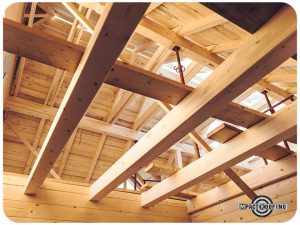Deciding whether to place your house in a trust largely depends on your individual circumstances. One of the primary benefits of putting your house in a trust is that it helps you avoid probate upon your death. This not only saves you from a lengthy and public probate process but also facilitates a quicker transfer of assets to your heirs, potentially saving you around 3% in probate fees.
probate upon your death. This not only saves you from a lengthy and public probate process but also facilitates a quicker transfer of assets to your heirs, potentially saving you around 3% in probate fees.
However, there are reasons why placing your house in a trust may not be the best choice for you. If you don’t expect to pass away soon, the initial setup costs, ongoing maintenance expenses, and complexities of managing a trust could outweigh the benefits.
Here are some factors to consider when deciding whether to place your house in a trust:
- Probate Avoidance: If avoiding probate is a priority for you, a trust may be a suitable option. By placing your house in a trust, you avoid the need for probate.
- Privacy: If privacy is important to you, a trust may be a beneficial option. Probate proceedings are public, meaning anyone can access your will and see how your assets are distributed. A trust allows you to maintain confidentiality regarding your affairs.
- Control: A trust provides greater control over asset distribution. You can set specific conditions for distribution and appoint a trustee to manage your assets if you become incapacitated.
- Cost: Establishing a trust can be expensive. So it’s essential to weigh these expenses against the potential benefits. Additionally, transferring your house into a trust might have tax implications that you should consider.


